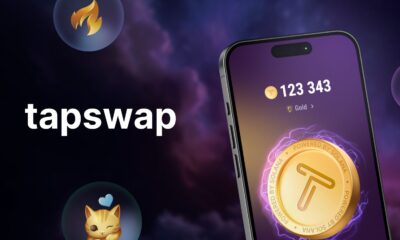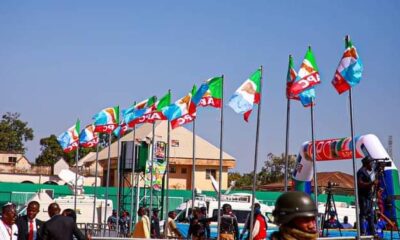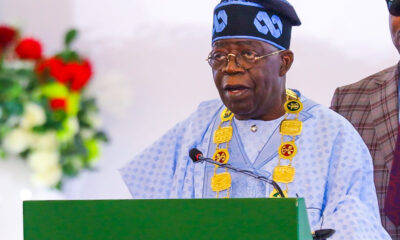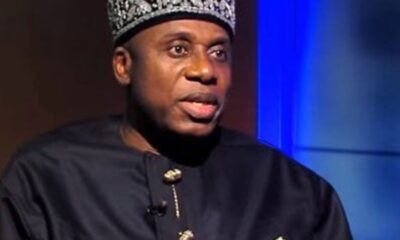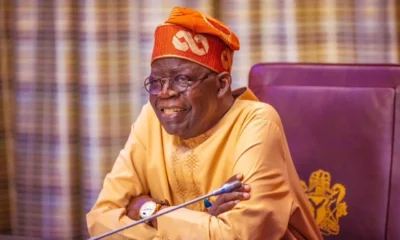Tech
How Nigeria can save time and money with adoption of Blockchain Technology – Expert
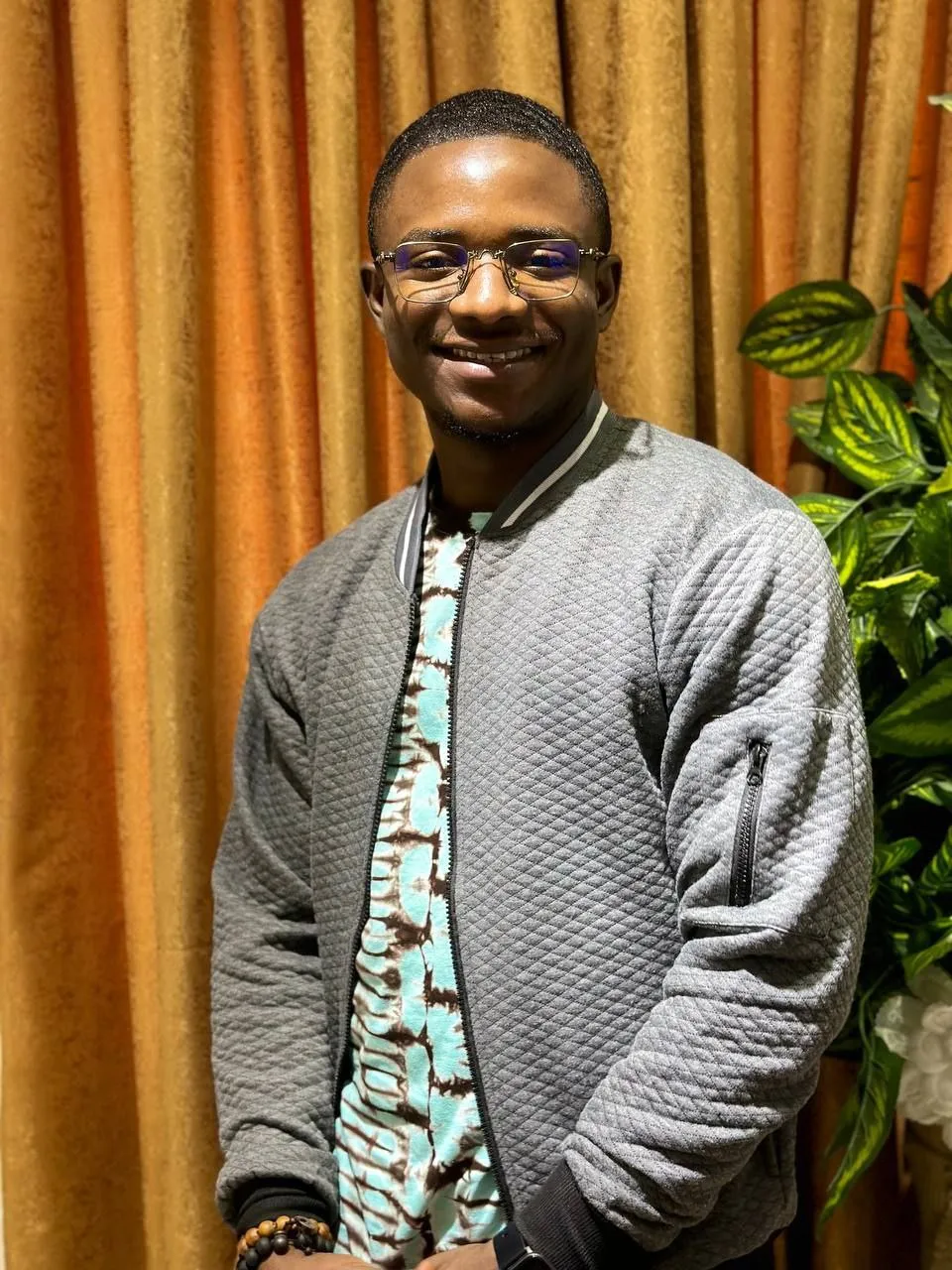
No doubt, blockchain has come to stay in our digital landscape. While many have shared the many gains of blockchain, many are still confused about this new system. Today, a blockchain expert, Prosperity Onah gives an insider’s secret and a tell-it-all on blockchain, questions surrounding it and the digital technology as a whole.
TopNaija: We have had interviews with a number of professionals in the blockchain industry, and everyone seems to have an interesting definition of what blockchain is and what it is not. In your own terms, how do you define blockchain?
Prosper Onah: Blockchain, as we know it, has three cardinals, and without any of these three, a system is not blockchain. The cardinals are; Decentralization, Security, and Transparency.
Decentralized in the sense that, the information stored is hosted across so many devices. For instance, the data you share will not just be stored in one place, but in so many devices that communicate with each other. The second thing is the security part of it. This shows that the data that is stored across all these devices is secured and can never be tampered with. And lastly, we have transparency. This means that whatever is on the blockchain is visible to everyone and anyone.
TopNaija: Wow! That’s quite insightful. As you are aware, the main purpose of this conversation is to see how as a Nation, we can onboard Nigerians into the blockchain ecosystem, so if I may ask, how do you think we can achieve this?
Prosper Onah: In my opinion, I don’t think we are ready as a people. The only way for the ordinary Nigerian to be onboarded is to first use it without really understanding the system. For cryptocurrency in Blockchain, centralized exchanges onboarded a few persons, and then an individual can see how they can improve their knowledge on it. There are other applications of Blockchain but cryptocurrency is what spearheads the movement of Blockchain at the moment.
TopNaija: “Not your key, not your fund” is a popular phrase a lot of people are still trying to comprehend, and there have been concerns on whether or not we are still depending on an intermediary system, can you shed more light on this?
Prosper Onah: Great question, As mentioned earlier, the way to onboard many Nigerians into the blockchain ecosystem is for them to be using it without knowing, and for those that are looking towards the cryptocurrency aspect of the Blockchain, having private keys here and Mnemonic there can be overwhelming for a lot of people. Also, handling or being in charge of their finances and the consequences are scary to people. You will agree with me that people need someone to blame, so in my opinion, centralized exchange can serve as a first layer of onboarding many Nigerians into the cryptocurrency aspect of the ecosystem.
TopNaija: What do you think are the primary barriers to Nigerians entering the blockchain ecosystem? Will you say it is just government policy?
Prosper Onah: Government policy plays a very important role in blockchain adoption cause there is a need for regulation, but before that, I would like to share that it doesn’t just have to be government policy. Let me share a story about an experience I had some months ago. I was with a friend in a store, who is a fintech consultant. The cashier told a lady who came to purchase some goods to use one of these new-generation banks to make the transaction because of speed. The lady responded that she doesn’t like the digital banks, so she is not using them.
Out of curiosity, I asked why and she complained of how fast transactions on digital banks are and that she is scared of them being scams. Then my friend took it upon himself to educate her. So what I am driving at is that blockchain technology is new to people and it takes some time before people start to trust/adopt new technology.
So government regulation is important but it still comes down to individual level of awareness.
TopNaija: That is true, so in this regard, What role can the Nigerian government and regulatory bodies play in facilitating blockchain adoption?
Prosper Onah: The Nigerian government and regulatory bodies can play a pivotal role by creating a supportive regulatory environment that encourages innovation and investment in blockchain technology, by creating a favourable environment for blockchain adoption. This includes developing clear and supportive regulatory frameworks. Additionally, governments can take the lead by implementing blockchain-based solutions for public services, such as land registries, identity management (DID), Hospital records systems, and supply chain tracking.
TopNaija: I would like us to lay emphasis on How blockchain technology be leveraged to address some of Nigeria’s most pressing issues.
Prosper Onah: Most of the issues Nigeria is facing as a country evolve from a lack of trust in the financial system and the charges, as well as validity.
If most of our public institutions can be powered by blockchain, Nigeria will witness an increase in revenue and also trust between the government and the people. Charges, in the sense that, the transaction charges by platforms that facilitate the remittances associated with cross-border money transfer, and the time it takes for a successful transaction.
On validity; it’s basically about keeping records immutable. Mr A sent a package to Mr B and Mr B is rest assured that the package Mr A sent is still intact.
These are areas in which blockchain can have a great impact and by doing this, the government will earn the people’s trust again.
TopNaija: You mentioned that if most of our public institutions are powered by blockchain, Nigeria will witness an increase in revenue, can you explain how?
Prosper Onah: Yes, as I mentioned earlier, the biggest issue we are trying to solve is trust. Blockchain can be used to create a transparent and immutable ledger for the Federal Inland Revenue Service (FIRS), Land Registration and Property Rights, Public Services Delivery, and other Governmental organizations. This system would allow taxpayers, land owners, and property developers/clients, Electricity distribution companies, and other service sectors to submit their data digitally, with each transaction recorded on the blockchain ledger. This ensures that the public has a complete and accurate record of all payments, and records, reducing the risk of fraud and corruption. There will be an increase in revenue collection through improved compliance. This will reduce administrative costs, and enhance trust in the tax system.
TopNaija: Don’t you think there will be challenges on the side of the government to recruit new technical experts who will know how to deploy this technology in all of our public services?
Prosper Onah: The software that the people who handle these roles have been using will still be in use, the only thing that will change is where this data is stored. So, the government will not need new experts to replace the people who have been working on it before. However, the only need for an expert is building the backend, which is the blockchain aspect. The admin aspect and user interactive aspect might not witness any changes.
TopNaija: I see, that is great then.
Prosper Onah: yeah.
TopNaija: You also mentioned the cost and time benefits of using blockchain for remittances. Can you elaborate on how blockchain can streamline this process compared to traditional methods?
Prosper Onah: Traditional remittance methods can be slow, with transactions often taking several days to process. This delay can be frustrating for individuals who need to send money urgently for emergency purposes. Since blockchain removes the need for intermediaries, it makes the transaction much faster. Also, due to the involvement of multiple intermediaries, these intermediaries charge fees for their services which impact the cost of sending funds abroad.
TopNaija: Thank you for your time, this session has really been an eye-opener, and I have personally learned a lot. I hope we have time to further discuss more next time.
Prosper Onah: Thanks for having me. It’s a privilege.



